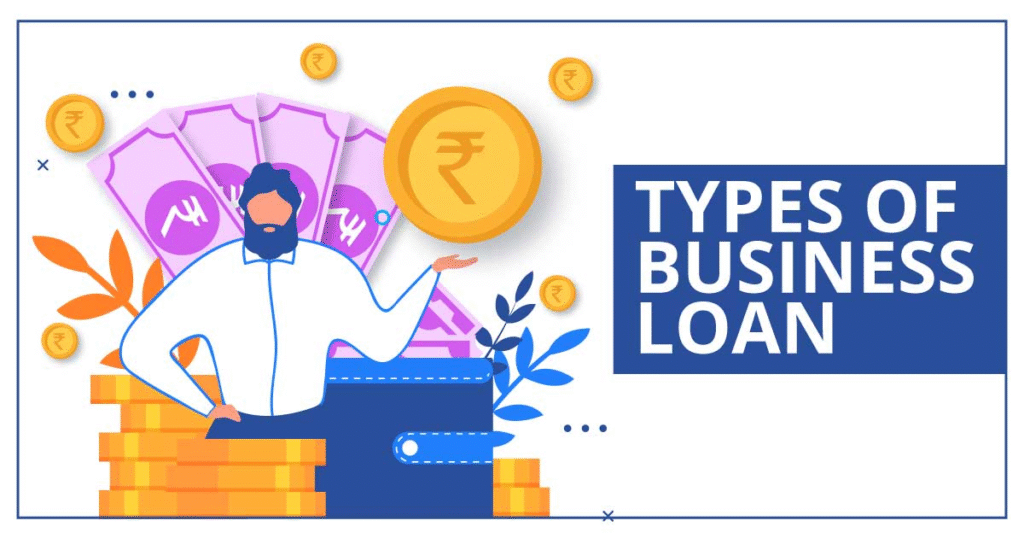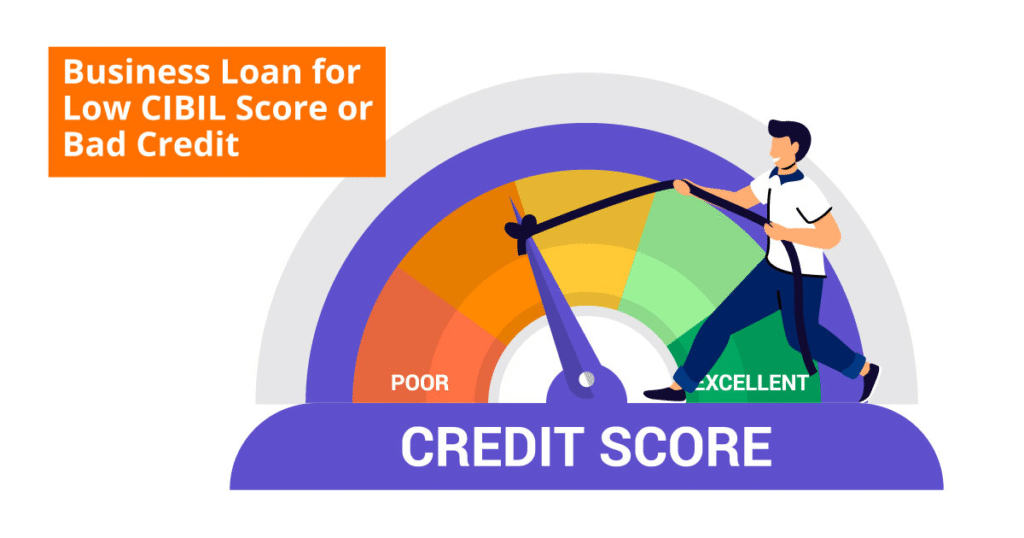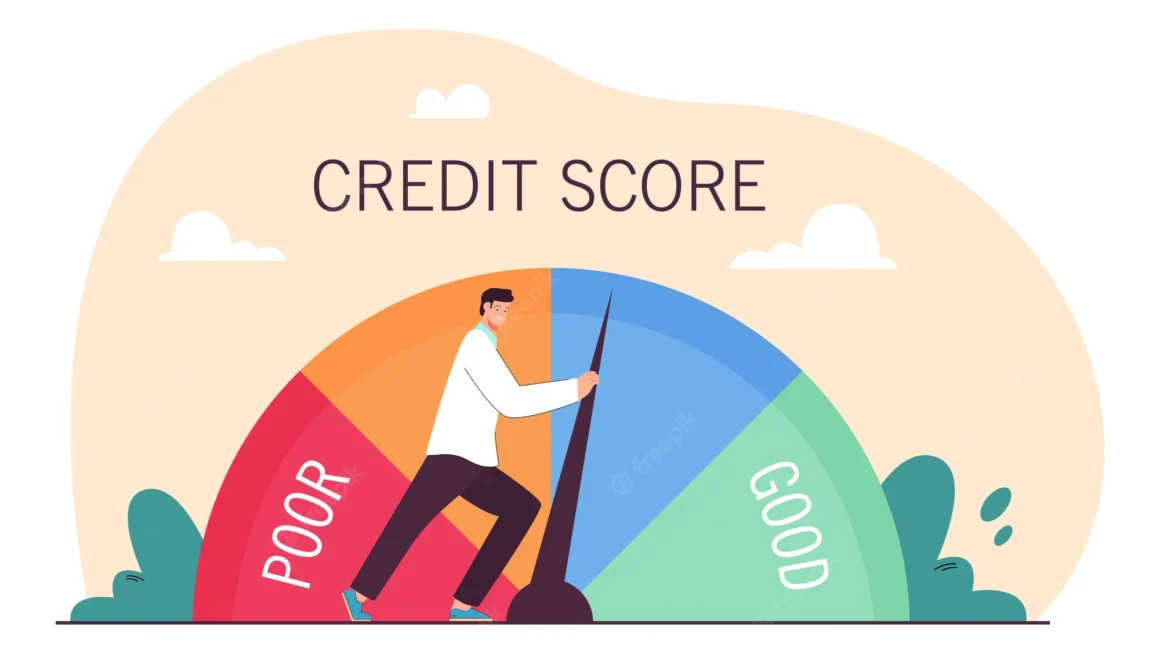Starting or expanding a business often requires additional funding, and a business loan can be a crucial financial tool to achieve these goals. However, one common concern among entrepreneurs is whether having good credit is essential to secure a business loan. In this article, we will explore the role of credit scores in the business loan application process, alternative financing options, and practical tips to improve your chances of getting funded regardless of your credit situation.
Key Takeaway
While having good credit can significantly improve your chances of securing a business loan with favorable terms, it is not the only factor lenders consider. Many lenders assess other aspects such as business revenue, cash flow, collateral, and your business plan. Moreover, there are financing options available for those with less-than-perfect credit.
Understanding Credit Scores and Business Loans
What is a Credit Score?
A credit score is a numerical representation of your creditworthiness based on your credit history. For individuals, credit scores typically range between 300 and 850, with higher scores indicating better credit health. Business credit scores, however, are calculated separately and often assessed by agencies like Dun & Bradstreet, Experian Business, or Equifax Business.
How Do Lenders Use Credit Scores?
Lenders use credit scores to gauge the risk of lending money. A higher credit score suggests that the borrower is more likely to repay the loan on time, whereas a lower score may indicate financial instability or a history of missed payments. For small business loans, lenders often review both the personal credit score of the business owner and the business’s credit profile.
Personal vs. Business Credit Scores
- Personal Credit Score: Most small business loans require a personal guarantee from the business owner, which means the lender will check your personal credit score.
- Business Credit Score: Established businesses might have a separate credit score that reflects the company’s financial health, payment history, and credit utilization.
Do You Need Good Credit to Get a Business Loan?
The Importance of Good Credit
Having good credit generally helps in the loan approval process by:
- Improving chances of loan approval
- Securing better interest rates
- Obtaining larger loan amounts
- Accessing more favorable repayment terms
Can You Get a Loan with Poor Credit?
Yes, it is possible, but it may come with higher interest rates and less favorable terms. Some lenders specialize in loans for individuals or businesses with poor credit and may consider other factors like cash flow, revenue, and collateral.
Types of Business Loans and Their Credit Requirements

Traditional Bank Loans
These loans usually require good to excellent credit scores, solid business plans, and financial statements. They offer the lowest interest rates but have strict approval criteria.
SBA Loans
Small Business Administration (SBA) loans are government-backed and offer favorable terms. They often require good credit but are more flexible than traditional bank loans.
Online Lenders
Online lenders tend to have more lenient credit requirements and faster approval processes. They are an excellent option for businesses with lower credit scores, although interest rates may be higher.
Microloans
Microloans are smaller loans often provided by nonprofit organizations or community lenders. These loans can be easier to get with fair credit and are ideal for startups or very small businesses.
Merchant Cash Advances
These are advances based on future sales and typically do not require a credit check. However, they come with high fees and should be used cautiously.
Alternative Financing Options for Those with Poor Credit
If your credit score is less than ideal, consider the following alternatives:
Invoice Financing
You borrow money against outstanding invoices, which doesn’t heavily depend on credit scores.
Equipment Financing
Loans secured by the equipment you intend to buy; credit requirements may be more flexible.
Crowdfunding
Raising funds directly from individuals online, bypassing traditional lenders.
Angel Investors and Venture Capital
Equity financing where investors provide funds in exchange for ownership stakes.
How to Improve Your Chances of Getting a Business Loan with Poor Credit

1. Strengthen Your Business Plan
A strong business plan that outlines revenue projections and repayment strategies can reassure lenders.
2. Build Business Credit
Open business credit accounts, pay bills on time, and maintain healthy credit utilization.
3. Offer Collateral
Securing the loan with assets reduces lender risk.
4. Show Consistent Cash Flow
Demonstrate your ability to repay the loan through steady cash flow statements.
5. Consider a Co-Signer
A co-signer with good credit can increase loan approval chances.
How Does Your Personal Credit Affect Your Business Loan Eligibility?
Description:
Many new business owners don’t realize how deeply their personal credit impacts their ability to secure business financing. This article would explore the connection between personal credit scores and business loan approvals, explaining why lenders often require personal guarantees and how personal credit history influences lending decisions. It would cover common scenarios for startups versus established businesses, tips on separating personal and business finances, and how to improve personal credit to boost business loan chances.
Top 10 Business Loan Options for Entrepreneurs with Bad Credit
Description:
This comprehensive guide would list and explain various loan types and financing options tailored for entrepreneurs who have poor credit. It would include online lenders, microloans, merchant cash advances, invoice factoring, and crowdfunding. The article would detail the pros and cons of each option, eligibility requirements, interest rates, and real-world advice on choosing the best fit depending on business needs and credit history.
Building Business Credit from Scratch: A Step-by-Step Guide for New Entrepreneurs
Description:
For many startups, establishing business credit is crucial but confusing. This article would provide a detailed roadmap for building business credit, starting from obtaining an EIN, opening business bank accounts, to applying for vendor credit lines and business credit cards. It would also explain how business credit scores are calculated, the importance of separating personal and business finances, and how strong business credit can unlock better loan terms and financing opportunities.
The Role of Collateral in Business Loan Approvals: What You Need to Know
Description:
Collateral is a critical factor for many lenders to minimize risk. This article would dive into what constitutes collateral (equipment, real estate, inventory, receivables), how it influences loan amounts and interest rates, and what happens if a borrower defaults. It would explain secured versus unsecured loans, tips for valuing and presenting collateral, and alternative collateral options for businesses with limited assets.
How to Improve Your Business Loan Application: Tips for Success
Description:
This article would serve as a practical guide for business owners looking to strengthen their loan applications. It would cover organizing financial documents, crafting a compelling business plan, improving credit scores, demonstrating cash flow, providing collateral, and negotiating loan terms. It would also explain common mistakes to avoid and how to prepare for lender interviews or questions.
Understanding SBA Loans: Benefits, Requirements, and How to Apply

Description:
Small Business Administration (SBA) loans are often seen as a gold standard for business financing. This article would provide an in-depth look at different SBA loan programs (7(a), CDC/504, microloans), eligibility criteria, application processes, and typical loan terms. It would also discuss the advantages SBA loans offer compared to traditional bank loans and how to increase your chances of approval.
Alternatives to Business Loans: Creative Ways to Finance Your Business
Description:
Sometimes traditional loans aren’t the best fit. This article would explore alternative financing methods like crowdfunding, angel investors, venture capital, grants, peer-to-peer lending, revenue-based financing, and bootstrapping. Each method’s pros, cons, typical uses, and eligibility factors would be discussed, helping business owners choose financing aligned with their goals and credit situation.
The Impact of Credit Utilization on Your Business and Personal Credit Scores
Description:
Credit utilization—how much credit you use compared to your limits—can significantly impact both personal and business credit scores. This article would explain what credit utilization is, how lenders view it, and strategies to manage it effectively. It would also cover the relationship between credit utilization and credit inquiries, debt-to-income ratios, and how managing these factors can lead to better loan offers.
How to Rebuild Business Credit After Financial Setbacks
Description:
Many businesses face financial challenges that hurt their credit. This article would guide entrepreneurs through the process of repairing business credit, including identifying credit report errors, negotiating with creditors, managing overdue accounts, and establishing new positive credit behaviors. It would also offer advice on how to communicate with lenders after setbacks and rebuild trust for future financing.
How Lenders Evaluate Your Business Loan Application Beyond Credit Scores
Description:
While credit scores are important, lenders assess multiple factors when deciding to Approve a business loan. This article would detail what else lenders consider: cash flow, time in business, industry risk, profitability, business plan quality, owner experience, and more. It would explain why a strong overall application can offset mediocre credit scores and how to highlight these other strengths effectively.
Also Read : Are You A Small Business Owner Looking For Funding?
Conclusion
While good credit certainly facilitates the process of obtaining a business loan and securing better terms, it is not an absolute requirement. Various lenders offer financing options tailored to entrepreneurs with different credit profiles. Understanding your credit situation, exploring alternative funding sources, and taking steps to improve your creditworthiness can significantly enhance your chances of securing a loan. Ultimately, persistence, preparation, and smart financial management are key to getting the funding your business needs.
FAQs
1. Is a personal credit score always checked when applying for a business loan?
Most lenders require a personal guarantee and will check your personal credit score, especially for small businesses or startups without established business credit.
2. What credit score do I need to qualify for a traditional business loan?
Typically, lenders look for a personal credit score of 680 or higher for traditional loans, but requirements vary.
3. Can I get a business loan with bad credit?
Yes, but you may face higher interest rates, smaller loan amounts, and stricter repayment terms. Alternative lenders and loan products may be more accessible.
4. How can I build business credit if I am just starting out?
Obtain an Employer Identification Number (EIN), open a business bank account, apply for a business credit card, and ensure timely payments on all bills.
5. Are online lenders a good option for businesses with poor credit?
Online lenders tend to have more flexible credit requirements and faster approvals but often charge higher interest rates.
6. What other factors do lenders consider besides credit score?
Lenders also evaluate business revenue, cash flow, time in business, collateral, and the strength of your business plan.
7. Can offering collateral improve my chances of getting a loan?
Yes, collateral reduces the lender’s risk and can help secure better loan terms, especially if your credit is less than perfect.



